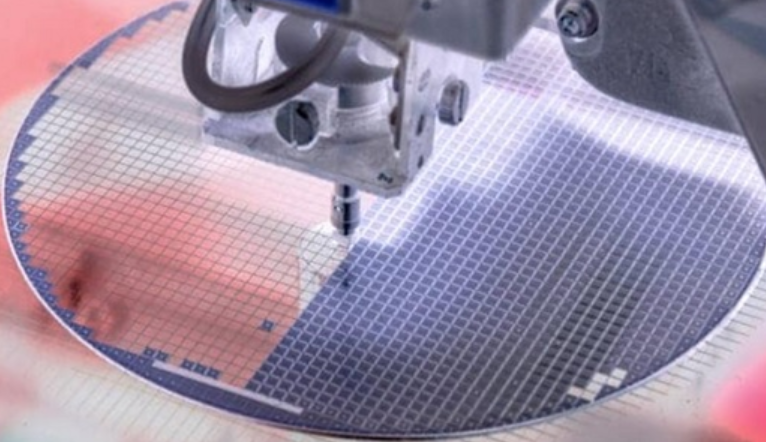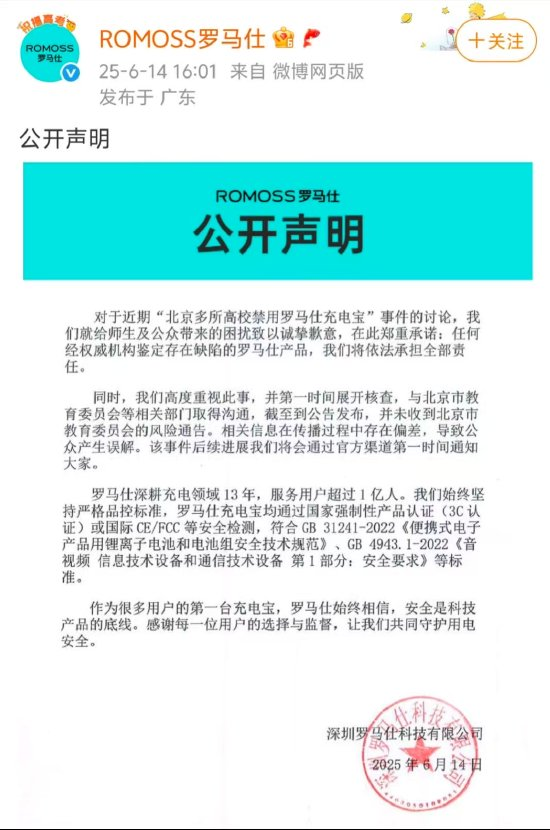
By Li Panpan
South Korea's reliance on China for major semiconductor raw materials has soared over the past five years, reported Business Korea recently.

Data from South Korea's Ministry of Trade, Industry, and Energy on September 20 showed that its imports of the silicon wafer, hydrogen fluoride, neon, krypton, and xenon from China have surged from $1,810.75 million in 2018 to $1,550.17 million in the first seven months in 2022.
In the case of silicon wafers, China’s share in its imports rose from 3% in 2018 to 6% last year but then surged to 10% from January to July this year.
China's share of its total hydrogen fluoride imports rose from 52% in 2018 and 51% in 2019 to 75% in 2020 after Japan's curb on exports of the five to South Korea. It rose to 70% in 2021 and 78% during the January-July period of this year.
South Korea became more dependent on China for rare gases, such as neon, krypton, and xenon. Its neon imports from China stood at only $1.47 million in 2018 but ballooned about 100 times in the last five years to $142.48 million from January through July 2022. Neon imports from China accounted for only 18% in 2018 but 84% in 2022.
Krypton imports from China surged about 300 times in the five-year period, from $60,000 in 2018 to $20.39 million in the January-July period of 2022. China's proportion in its total krypton imports also increased from 13% to 31%.
Its xenon imports from China also swelled about 30 times from $1.8 million to $53.13 million, and China's share climbed from 5% to 37%.
RELATED
-
Apple’s Chinese supplier Luxshare Precision gives up $330 million investment in India
11-20 17:28 -
European Commission President von der Leyen will visit China in wake of the EU’s ongoing probe into China’s subsidies on EV industries
11-20 16:59 -
Chinese top-tier chipmaker HuaHong Semiconductor's net profit plummets 86 percent in the third quarter
11-17 19:11









